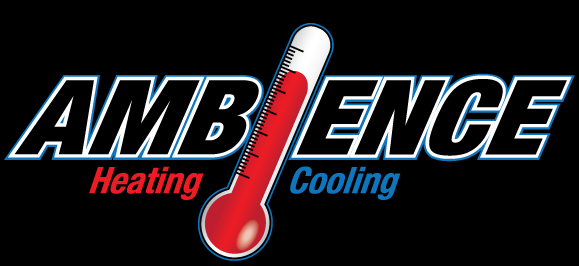Purchasing your first home is exciting. You’re probably trying to keep track of numerous details about making the right choice. We believe that understanding your future HVAC system is crucial. The property’s HVAC system represents a significant investment and source of potential long-term costs, which is why due diligence helps all first-time homebuyers.
In the following guide, we’ll share seven tips for discovering all there is to know about a home’s heating and cooling setup. And if you want a more in-depth opinion from the experts, consider calling Ambience HVAC, Inc.. Our staff can weigh in on your options with industry insights that are second to none.
1. What Type of HVAC System Is It?
Start by determining what specific HVAC system the home features. Furnaces tend to last longer compared to air conditioners, and some of the latest types of HVAC equipment like heat pumps can offer average life spans that are even longer. Tracking down the make and specific model ensures you have a much better sense of how much it might cost in upkeep over time.
2. What Is the Current System’s Age?
Another good idea is to find out how old the HVAC system is when you’re looking at a potential new home. On average, HVAC systems last about 10-12 years. Having the knowledge of when it was installed helps you prepare for any needed servicing or when it might break down. Older systems are more prone to problems, so planning ahead of time for a replacement unit might be needed faster than expected.
3. Is the Warranty Still in Effect?
Be sure to check the HVAC system is still under warranty. If it is, that’s great news because it can help with maintenance costs. HVAC warranties should take care of parts and labor, but specifics will vary. Don’t forget to look into any terms that aren’t familiar to ensure you understand your coverage and the likelihood of out-of-pocket costs.
4. Has the System Ever Been Professionally Serviced or Maintained?
Don’t forget to check the maintenance history of the HVAC system, if such information is accessible. This kind of information can demonstrate if the repair needs are high or how often a tune-up was scheduled. Inquire about key tasks like filter changes, which can indicate it received regularly scheduled tune-ups.
5. Do You Know Its Energy Efficiency Ratings?
Finding a home that features an HVAC system with great energy efficiency isn’t just smart; it leads to lower utility bills and less of an impact on the environment. Locate the seasonal energy efficiency ratio (SEER) ratings for air conditioning along with the annual fuel utilization efficiency (AFUE) for furnaces. High SEER ratings mean more efficient cooling throughout the season, while high AFUE ratings illustrate that the fuel is efficiently converted into useable heat.
6. Can You Spot Trouble During Your Inspection?
Even if you don’t have heating and cooling expertise, you should still inspect the HVAC system yourself. Keep an eye out for potential issues that might have been overlooked. This might consist of odd sounds, unequal airflow and attempts at concealing any visible damage.
7. Have You Asked Your Local HVAC Professional?
If you’re not quite sure about the condition of the HVAC system, it’s never a bad idea to get a professional opinion from experienced HVAC professionals. They will be much more likely to catch things you might not, including refrigerant leaks, bad electrical connections or damaged ductwork.
A Consultation with Ambience HVAC, Inc. Helps Take the Stress Out of Your Home-Buying Journey
Choosing your first home is meant to be a joyful event, and Ambience HVAC, Inc. wants to ensure yours is too. Get in touch with us at 302-239-HVAC (4822). We can go over the details about how our HVAC services ease your mind, giving you what you need to make an offer with confidence.
